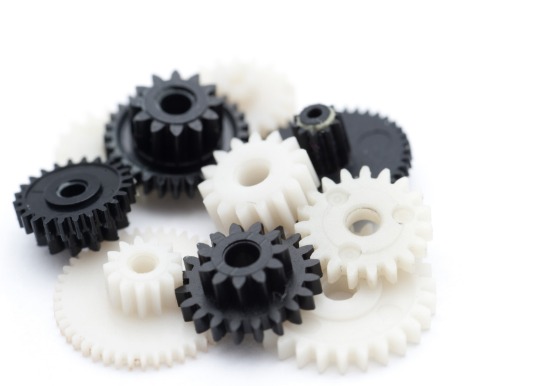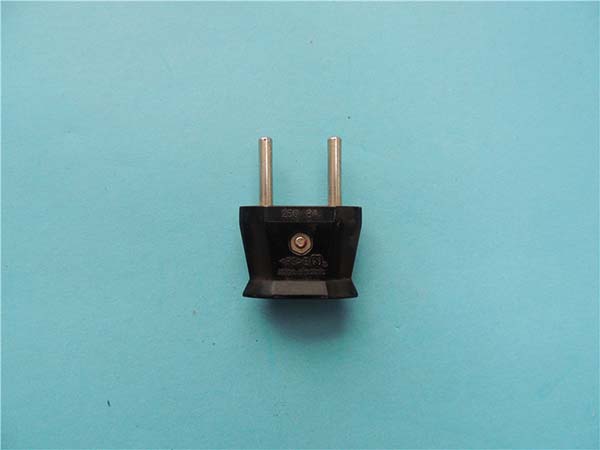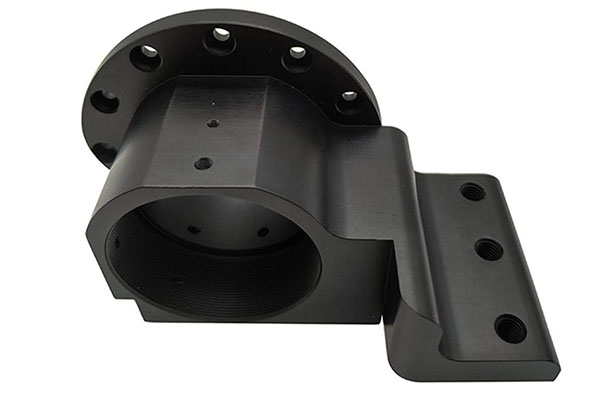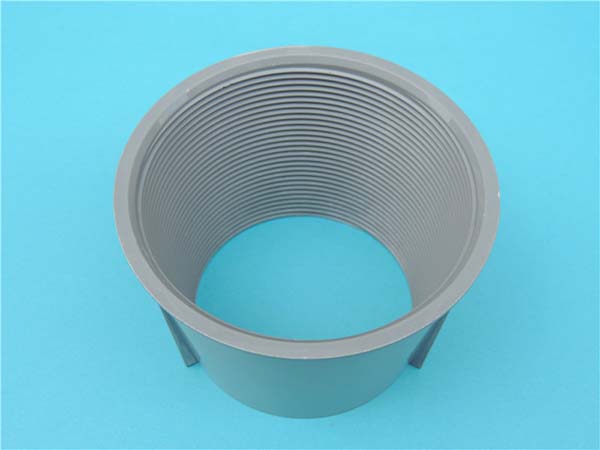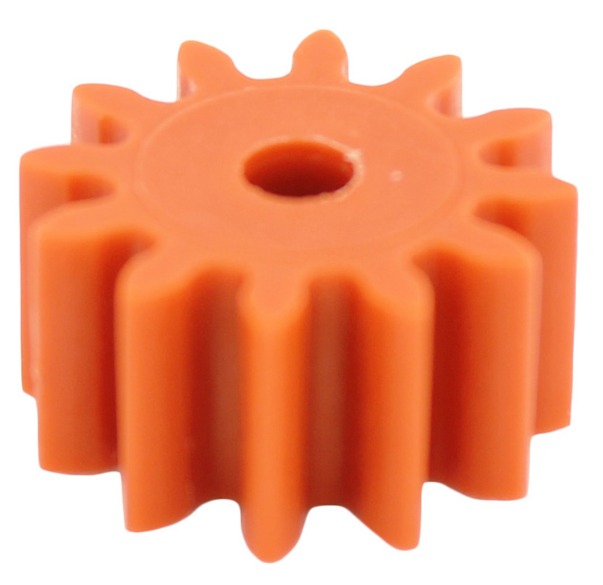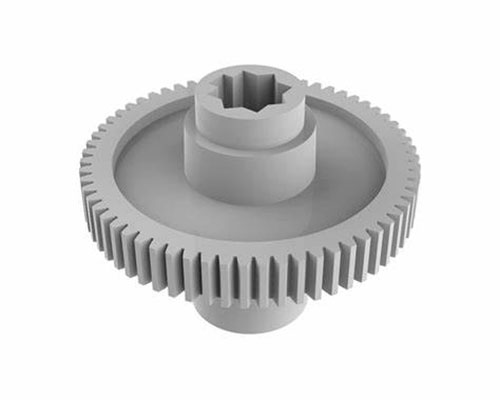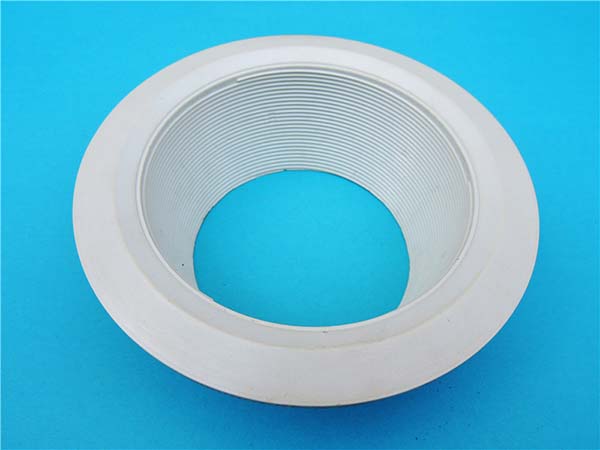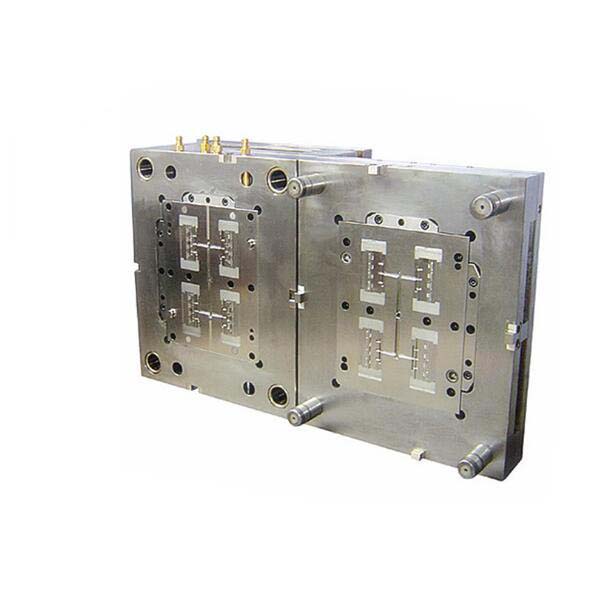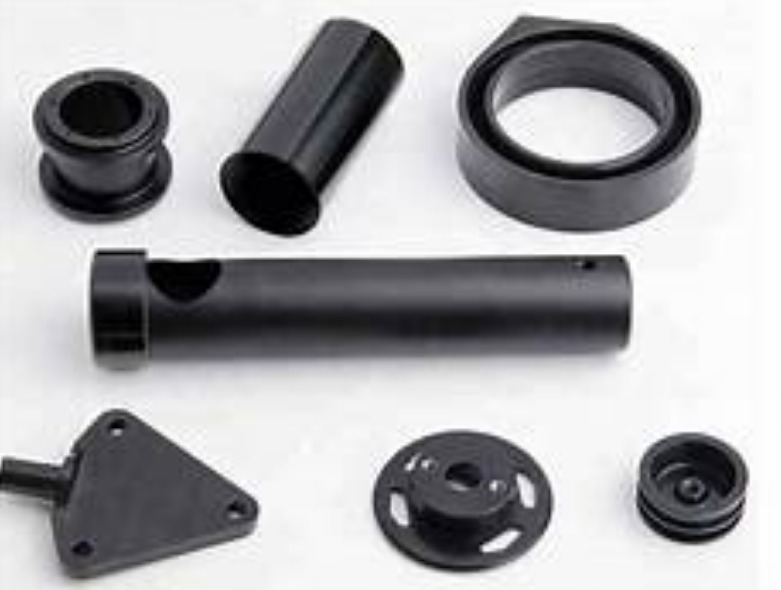Introduction
Understanding Custom Plastic Gears
In the vast realm of industrial machinery and mechanical systems, custom plastic gears have emerged as essential components, playing a pivotal role in various applications. These gears, specifically tailored to meet unique requirements, are far more than just simple mechanical parts; they are the unsung heroes enabling the smooth operation of countless devices we encounter in our daily lives and industrial settings.
Custom plastic gears are designed to transmit motion and power between rotating shafts, much like their metal counterparts. However, what sets them apart is their ability to be customized in terms of size, shape, tooth profile, and material composition. This high degree of customization allows engineers and designers to optimize the gears for specific applications, whether it's reducing noise in a consumer electronics device, improving efficiency in a medical instrument, or enhancing durability in an automotive component.
The importance of custom plastic gears cannot be overstated. In industries where precision, weight reduction, and cost - effectiveness are crucial, these gears have become the go - to choice. For example, in the electronics industry, where miniaturization is a constant pursuit, custom plastic gears can be designed to fit into tight spaces while still delivering the necessary torque and speed. In the automotive industry, they contribute to fuel efficiency by reducing the overall weight of the vehicle's components.
This article will delve deep into three critical aspects of custom plastic gears: design, cost, and material considerations. By understanding these elements, you'll be better equipped to make informed decisions when it comes to specifying, designing, or manufacturing custom plastic gears for your next project. Whether you're an engineer, a product designer, or a procurement professional, the insights shared here will help you unlock the full potential of custom plastic gears.
Design Considerations
Function and Application
The function and application of custom plastic gears vary significantly across different industries.
- In the medical industry, for example, plastic gears are often used in devices like surgical robots and diagnostic equipment. In surgical robots, the gears need to be extremely precise to ensure accurate movement during minimally invasive surgeries. They must also be biocompatible, as they may come into contact with human tissues. For instance, a small custom plastic gear in a drug - delivery pump needs to deliver a precise amount of medication at a controlled rate, which requires high - precision gear design.
- In the automotive industry, plastic gears are found in various components such as windshield wiper systems, power window mechanisms, and seat adjusters. In a windshield wiper system, the gear must be able to withstand the continuous back - and - forth motion and different weather conditions. The gears in power window mechanisms need to provide enough torque to lift and lower the windows smoothly while being durable enough to last for the vehicle's lifespan.
- In the consumer electronics industry, custom plastic gears are used in devices like cameras, printers, and small motors. In a digital camera's zoom lens mechanism, the plastic gears need to be lightweight and precise to enable smooth and accurate zooming operations.
Load and Torque Requirements
Load refers to the force or weight that the gear has to bear during operation, while torque is the rotational force that the gear can transmit. Understanding these requirements is crucial in determining the appropriate gear parameters.
- Modulus: The modulus of a gear is a measure of its size and is related to the pitch diameter and the number of teeth. A higher - load application may require a larger modulus gear. For example, in a heavy - duty industrial conveyor system, where the gears need to transmit a large amount of power, a gear with a modulus of 5 or more might be used. In contrast, for a small - scale hobbyist's robotic project with low - load requirements, a gear with a modulus of 1 or 2 could be sufficient.
- Tooth Profile: Different tooth profiles, such as involute and cycloidal, have different load - bearing capabilities. The involute tooth profile is the most common due to its ease of manufacture and good load - distribution characteristics. It can handle a wide range of loads and torques. However, in high - torque applications where smooth operation and high efficiency are critical, a cycloidal tooth profile might be considered. For instance, in a high - torque electric vehicle transmission system, the choice of tooth profile can significantly impact the overall performance of the vehicle.
Tolerance and Precision
The precision of a custom plastic gear is measured by its tolerance, which is the allowable deviation from the ideal dimensions. High - precision gears have smaller tolerances.
- Impact on Performance: High - precision gears ensure smooth operation, reduced noise, and longer lifespan. In a precision optical instrument, such as a high - end telescope's focusing mechanism, a high - precision plastic gear is essential. Even a slight deviation in the gear's dimensions can cause misalignment, leading to inaccurate focusing and image distortion.
- Applicable Scenarios and Manufacturing Difficulty:
- Low - Precision Gears: These are suitable for applications where cost is a major factor and the requirements for smooth operation are not extremely high, such as in some simple toys. They are relatively easy to manufacture, and the tolerances can be relatively large, perhaps in the range of ±0.2 - ±0.5 mm.
- Medium - Precision Gears: Used in applications like household appliances. For example, in a washing machine's motor - transmission system, the gears need to be precise enough to ensure the proper rotation of the drum but not as precise as those in a high - end industrial machine. The tolerances for medium - precision gears are typically in the range of ±0.05 - ±0.1 mm.
- High - Precision Gears: Required in aerospace and high - end medical equipment. In an aircraft's flight control system, the plastic gears must be manufactured with extremely tight tolerances, often in the range of ±0.001 - ±0.01 mm. However, manufacturing high - precision plastic gears is extremely challenging. It requires advanced manufacturing techniques, high - quality molds, and strict quality control processes, which can significantly increase the production cost.
Material Considerations
Types of Plastic Materials
When it comes to manufacturing custom plastic gears, the choice of plastic material is crucial as it directly impacts the gear's performance, durability, and cost - effectiveness. Here are some commonly used plastic materials for gears and their characteristics:
- Nylon (PA): Nylon is a popular choice for custom plastic gears due to its excellent mechanical properties. It has high strength, good toughness, and outstanding wear resistance. For example, Nylon 6 and Nylon 66 are frequently used. Nylon 66 has a tensile strength of around 80 - 90 MPa. It also has a relatively high melting point, which allows it to operate in moderately high - temperature environments. However, nylon is hygroscopic, meaning it absorbs moisture from the air. This can cause dimensional changes, especially in humid environments. For instance, in a gear used in a humid industrial setting, the gear's dimensions might change over time if made of nylon, affecting its performance.
- Polyoxymethylene (POM): Also known as "acetal," POM is another widely used material for plastic gears. It has high rigidity, excellent fatigue resistance, and very good dimensional stability. POM has a tensile strength of approximately 60 - 70 MPa. It also has a low coefficient of friction, which makes it suitable for applications where smooth operation is required. For example, in small - scale motors or precision instruments, POM gears can provide quiet and efficient operation. Additionally, POM has good chemical resistance, being able to withstand exposure to many common chemicals, oils, and solvents.
- Polycarbonate (PC): PC is valued for its high impact resistance and transparency. It has a relatively high glass - transition temperature, which means it can maintain its mechanical properties at elevated temperatures to a certain extent. The tensile strength of PC is around 60 - 70 MPa. PC gears are often used in applications where visibility is important, such as in some optical devices or in products where the gears need to be visible for aesthetic or functional reasons. However, PC has a relatively lower surface hardness compared to nylon and POM, which may limit its use in high - wear applications without proper surface treatment.
The following table provides a quick comparison of the key mechanical properties of these materials:
| Material | Tensile Strength (MPa) | Wear Resistance | Dimensional Stability | Chemical Resistance |
| Nylon | 80 - 90 | High | Affected by moisture | Good, but sensitive to strong acids and bases |
| POM | 60 - 70 | High | Excellent | Good, resistant to many common chemicals |
| PC | 60 - 70 | Moderate | Good | Fair, can be affected by some solvents |
Material Properties and Their Impact
- Strength: The strength of the plastic material determines the gear's ability to withstand the forces and torques applied during operation. High - strength materials like nylon can handle higher loads without breaking or deforming. In a power - transmission application where the gear needs to transfer a large amount of power, a high - strength material is essential. If a gear with insufficient strength is used in such an application, it may experience tooth breakage or excessive deformation, leading to premature failure.
- Wear Resistance: Gears are in constant contact with other gears or components, and wear is inevitable. Materials with good wear resistance, such as POM, can significantly extend the gear's lifespan. In a gear - driven conveyor system that operates continuously, a highly wear - resistant gear material will reduce the frequency of gear replacements, thus reducing maintenance costs and downtime.
- Corrosion Resistance: In some applications, the gears may be exposed to corrosive environments, such as in chemical processing plants or outdoor equipment. Materials with good corrosion resistance, like POM, can withstand these harsh conditions. If a gear made of a non - corrosion - resistant material is used in a chemical - laden environment, it may corrode quickly, losing its mechanical integrity and functionality.
Choosing the Right Material for Your Needs
- Consider the Application Environment: If the gear will be operating in a high - temperature environment, materials with high heat resistance like some grades of nylon or PEEK (Polyetheretherketone, although more expensive) should be considered. For example, in an automotive engine component where temperatures can reach high levels, a heat - resistant plastic gear material is necessary. If the gear will be in contact with water or chemicals, a material with good chemical resistance, such as POM, is a better choice.
- Load and Torque Requirements: For high - load and high - torque applications, materials with high strength and rigidity, like nylon, are more suitable. A gear in a heavy - duty industrial machine that needs to transmit a large amount of power will require a strong material to avoid failure.
- Cost - Benefit Analysis: While some high - performance materials offer excellent properties, they may also come at a higher cost. In applications where cost is a major factor and the performance requirements are not extremely high, more cost - effective materials like POM or certain grades of nylon can be used. For example, in a simple consumer product where the gear doesn't need to endure extreme conditions, choosing a lower - cost material can help keep the overall production cost down without sacrificing too much on performance.
Yigu Technology's Perspective
As a leading non - standard plastic and metal products custom supplier, Yigu Technology deeply understands the nuances of custom plastic gears. In terms of design, our in - house engineering team, with years of experience, can quickly translate complex requirements into optimized gear designs. We leverage advanced CAD/CAM software to ensure precision and efficiency in the design process.
Regarding cost, we implement a lean manufacturing approach. By streamlining our production processes, minimizing material waste, and having strong partnerships with material suppliers, we are able to offer cost - effective solutions without sacrificing quality.
When it comes to materials, we have an in - depth knowledge of a wide range of plastic materials. Our quality control system is rigorous, ensuring that every batch of materials used meets the highest standards. We also stay updated with the latest advancements in plastic materials, allowing us to recommend the most suitable material for each unique application. With Yigu Technology, you can expect high - quality custom plastic gears that are designed right, cost - effective, and made from the best - fit materials.
FAQ
What are the most common applications of custom plastic gears?
Custom plastic gears are widely used in various industries. In the automotive industry, they are used in windshield wiper systems, power window mechanisms, and seat adjusters due to their lightweight nature and cost - effectiveness. In the medical field, they are found in surgical robots, diagnostic equipment, and drug - delivery pumps, where precision and biocompatibility are crucial. In consumer electronics like cameras, printers, and small motors, plastic gears are used for their quiet operation and ability to be miniaturized to fit into compact designs.
How can I reduce the cost of custom plastic gears without sacrificing quality?
One way is to optimize the design. Simplify the gear's structure as much as possible without compromising its functionality. For example, reducing unnecessary features or complex tooth profiles can lower manufacturing costs. Another method is to choose the right material. Some materials are more cost - effective while still meeting the performance requirements. For instance, if the application doesn't require extremely high - strength, a less expensive grade of nylon or POM can be selected. Additionally, working with a supplier that has efficient production processes and economies of scale can lead to cost savings.
How do I choose the right plastic material for my custom gears?
Consider the application environment first. If it's a high - temperature environment, materials with high heat resistance like certain grades of nylon or PEEK should be considered. For a corrosive environment, choose materials with good chemical resistance such as POM. Also, take into account the load and torque requirements. High - load applications need materials with high strength, like nylon. Finally, conduct a cost - benefit analysis. Balance the performance needs with the budget to select a material that offers the best value for money.
